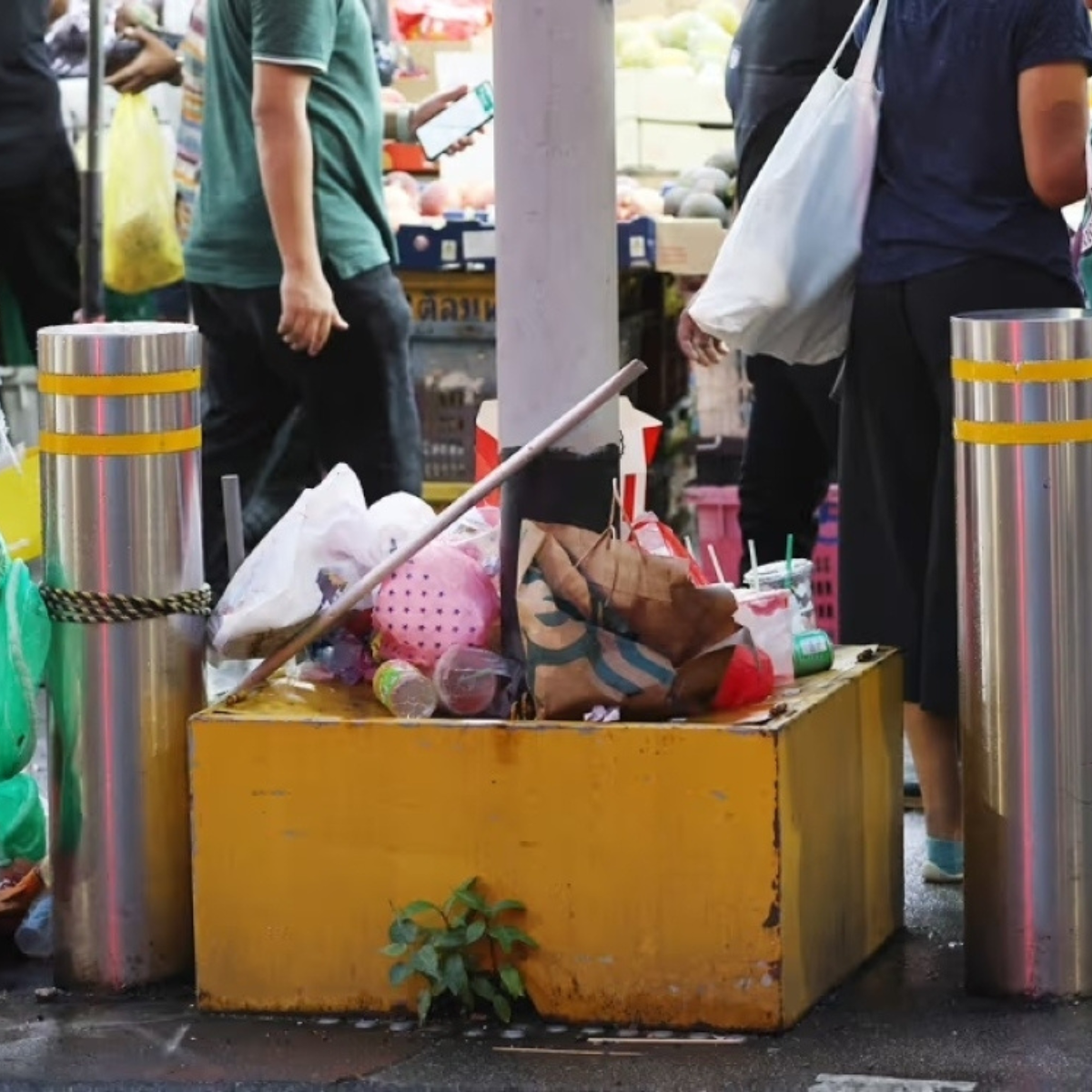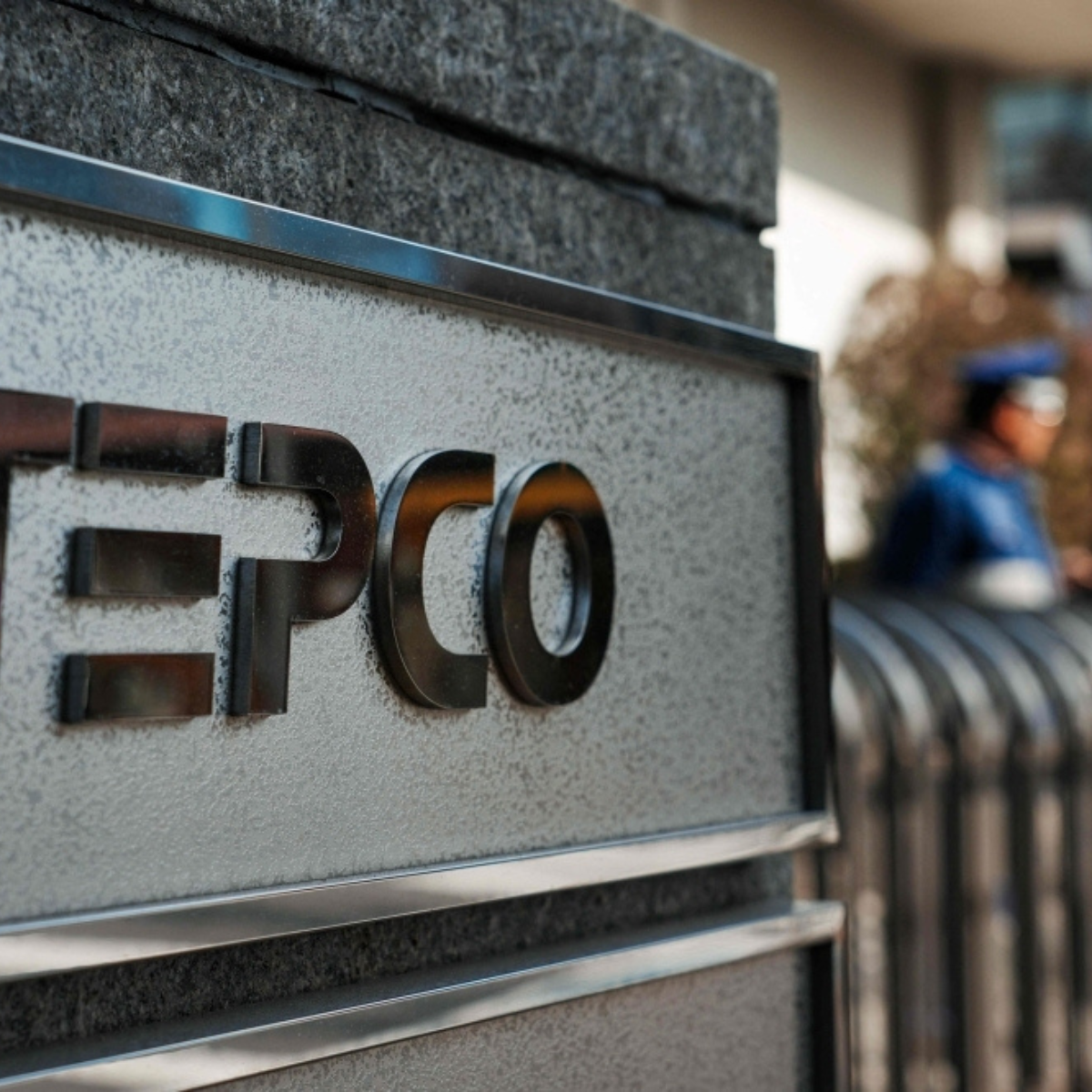KUALA LUMPUR, Jan 23 — Two foreign nationals have become the first individuals in Malaysia to be charged in court for littering under the newly enforced anti-littering law, according to a report by The Star.
BEIJING, April 24 — China is set to launch a new team of astronauts to its Tiangong space station today, marking another major stride in its ambitious quest to become a global space power on par with the United States.
Driven by President Xi Jinping’s vision of fulfilling the nation’s “space dream,” Beijing has invested billions into its rapidly advancing space programme, with plans to send astronauts to the Moon by the end of the decade and eventually establish a lunar base.
The upcoming Shenzhou-20 mission is the latest milestone. Scheduled to lift off at 5.17pm from the Jiuquan Satellite Launch Center in the northwestern Gobi Desert, it will carry three astronauts to the Chinese-built Tiangong station, according to the China Manned Space Agency (CMSA).
Leading the mission is 46-year-old Chen Dong, a former fighter pilot and veteran astronaut who became the first Chinese to surpass 200 cumulative days in space in 2022. Joining him are Chen Zhongrui, 40, a former air force pilot, and Wang Jie, 35, a former space technology engineer—both on their maiden spaceflight.
Hours before launch, crowds holding bouquets and waving miniature Chinese flags gathered at the space center to bid farewell to the astronauts. A military band played patriotic tunes as the trio, dressed in white spacesuits, waved in front of a banner that read, “Learn from our astronauts! Salute our astronauts!” Supporters responded with loud cheers: “We wish you success!”
Live broadcasts showed the crew boarding a bus to the launchpad, set against a backdrop of vast desert terrain.
The team will spend six months aboard Tiangong conducting physics and life science experiments, installing debris protection systems, and performing maintenance and spacewalks. Notably, they will bring planarians—regenerative aquatic flatworms—for study in microgravity for the first time.
The current Tiangong crew is expected to return to Earth on April 29 after completing their handover duties.
Space enthusiasts lined nearby roads hours ahead of the launch, braving the desert heat to catch a glimpse of the towering rocket. Vendors outside the launch base sold themed memorabilia and toy rockets to excited onlookers.
During a press tour on Wednesday, journalists saw the rocket housed in a blue launch tower, with workers in jumpsuits making final preparations beneath fluttering red flags.
China’s space programme is the third to independently send humans into orbit, and it has already achieved robotic landings on the Moon and Mars. Tiangong, which means “celestial palace,” is now the centerpiece of its efforts, rotating three astronauts every six months.
Excluded from the International Space Station since 2011 due to a US ban on NASA cooperation with China, Beijing has built its own path — and is now inviting international partners. In February, it signed an agreement with Pakistan to send the first foreign astronaut aboard Tiangong.
According to CMSA, two Pakistani astronauts have been selected to undergo training in China. — AFP






